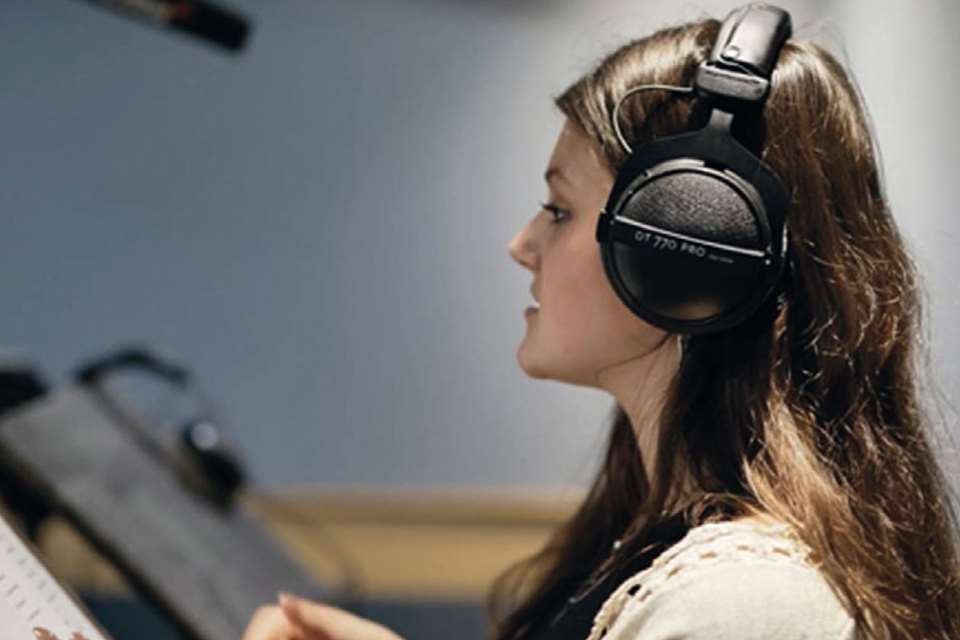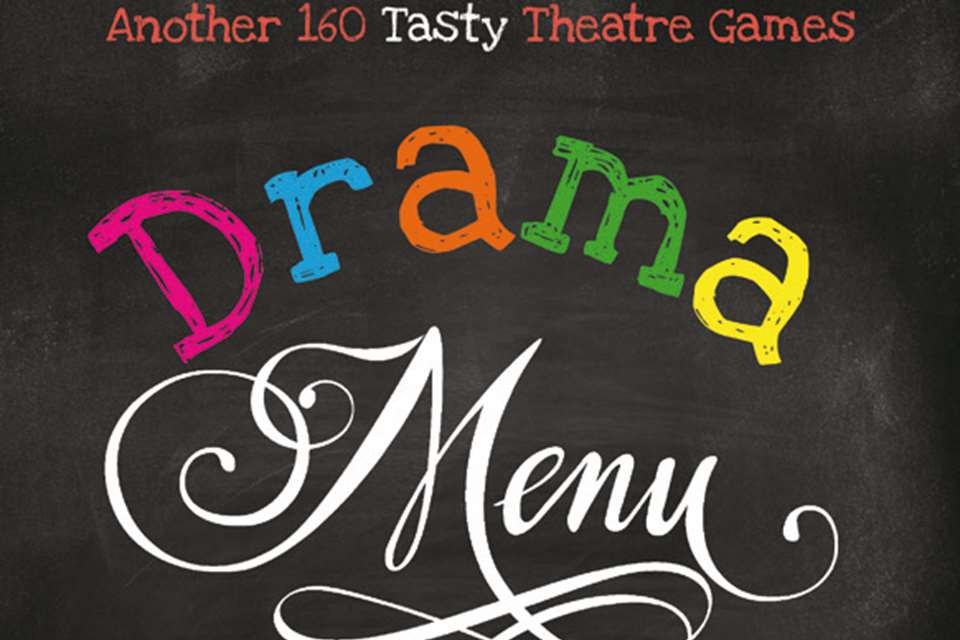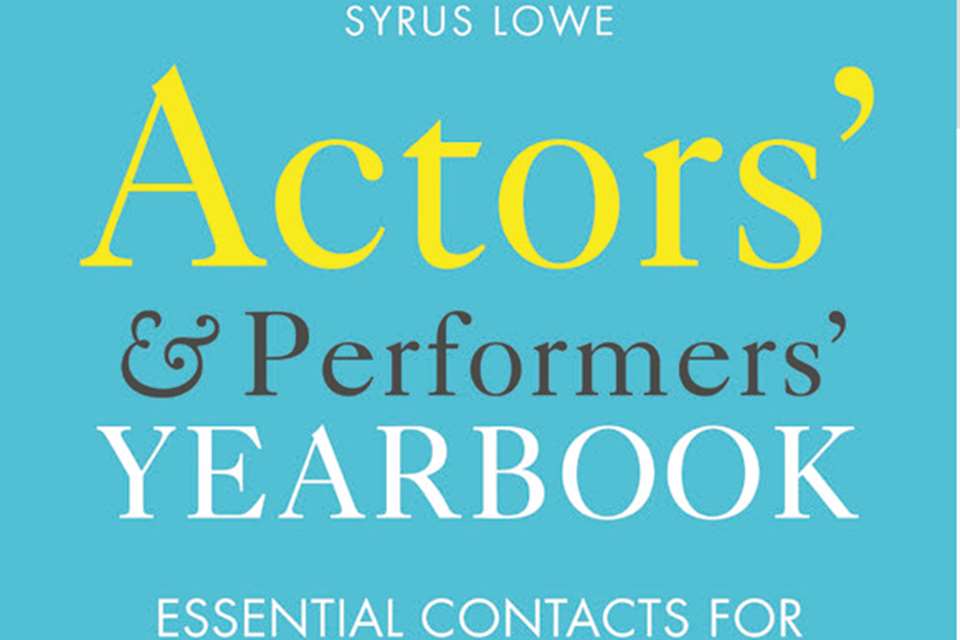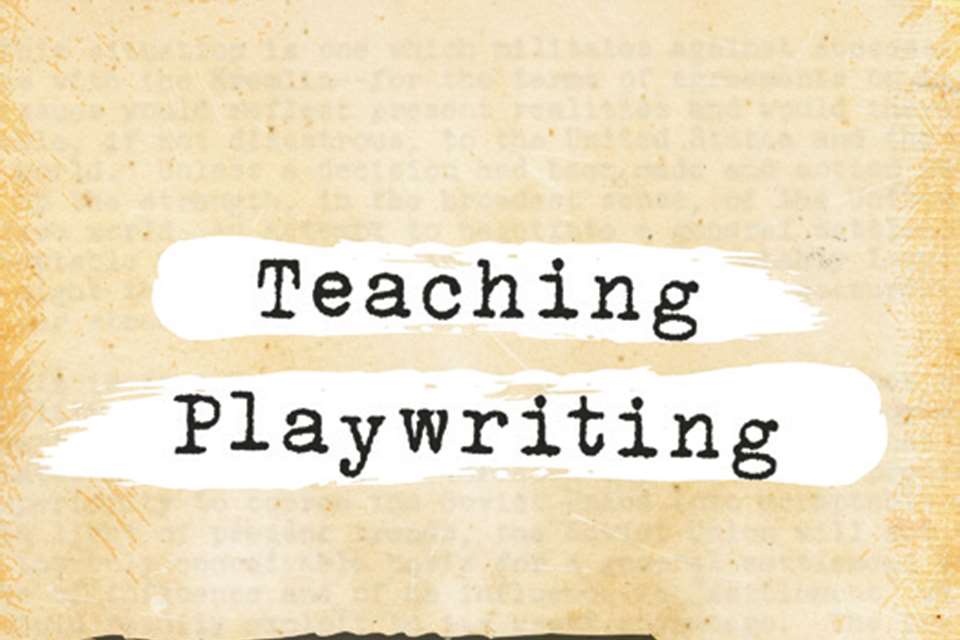Reviews: The Great Wave by Francis Turnly
Alicia Pope
Sunday, October 1, 2023
'This is a moving text with good options for student duologues,' says reviewer Alicia Pope.
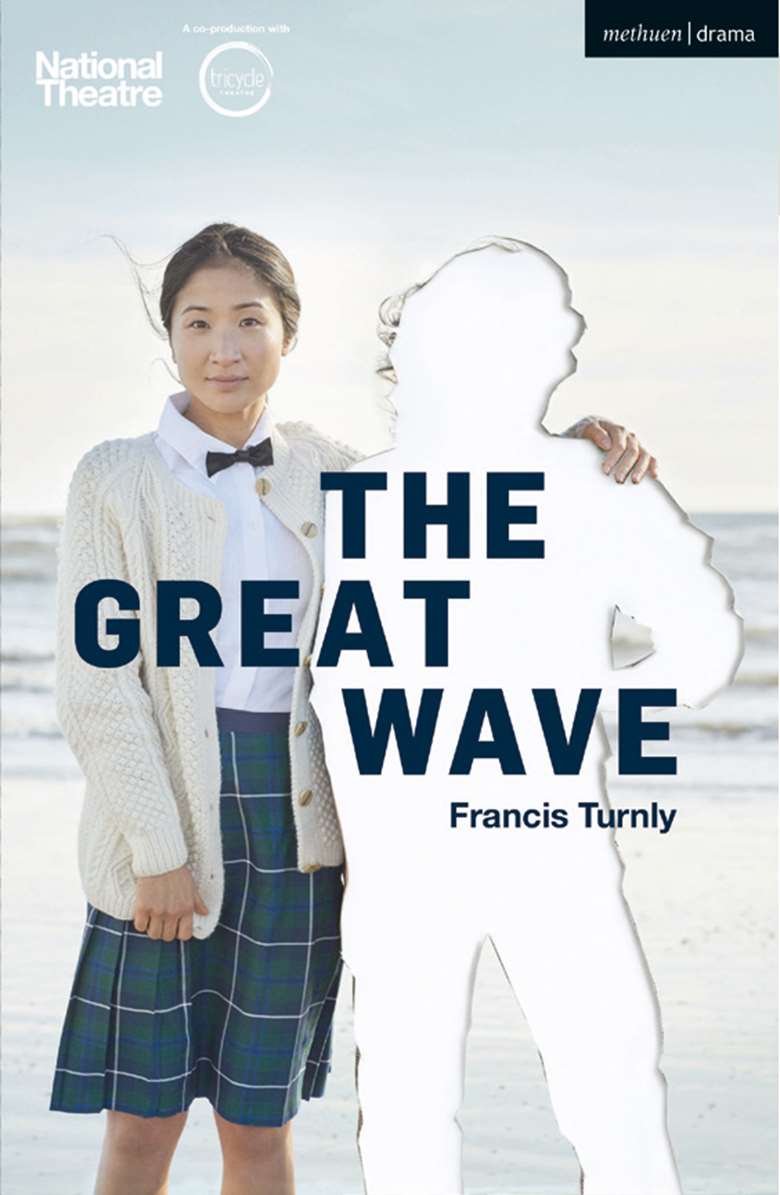
Turnly's The Great Wave originally opened on the National Theatre's Dorfman stage in 2018, directed by Indhu Rubasingham. The play is set in Japan and North Korea spanning the years between 1979 and 2003, telling the story of the disappearance of 17-year-old Hanako.
The play begins with the rebellious Hanako bickering with her older sister Reiko, and their mother quickly intervenes. We learn that Hanako has been disruptive at school while Reiko is the studious, quiet sister. As a storm rages outside, Reiko's study partner, Tetsuo, suggests they head to the beach. The next morning, Reiko has returned from hospital with concussion and Hanako is missing.
The play then moves between Japan and North Korea. In Japan, Reiko tries to piece together what could have happened to Hanako, while her mother refuses to accept that she is dead. In North Korea, Hanako is being held against her will and forced to submit to the regime. As the years pass, Reiko and her mother remain stationary, refusing to give up hope while Hanako assimilates into the North Korean life she has been given.
The play is based on real events, and the subject of Japanese citizens being abducted is a sensitive one that lends itself to some interesting classroom discussion. The arrival of the storm, with the wave hitting and then retreating as the storm fades away, is a powerful moment in the play and this would offer excellent opportunities for the exploration of design skills especially sound and lighting particularly for younger students.
There are lots of duologues that would work well for GCSE and A Level, with many opportunities to use events in the script to move off text and devise new work to explore the characters using monologue. The contrast between Reiko's life in Japan and Hanako's in Korea give students lots to consider in terms of storytelling.
This play's subject matter is historically intriguing, and students will have strong opinions on the events that unfold. While as an entire work it might be more suited to Key Stage 4 and 5, there are plenty ideas that you could introduce to younger students as well. A worthy addition to your bookshelf.


